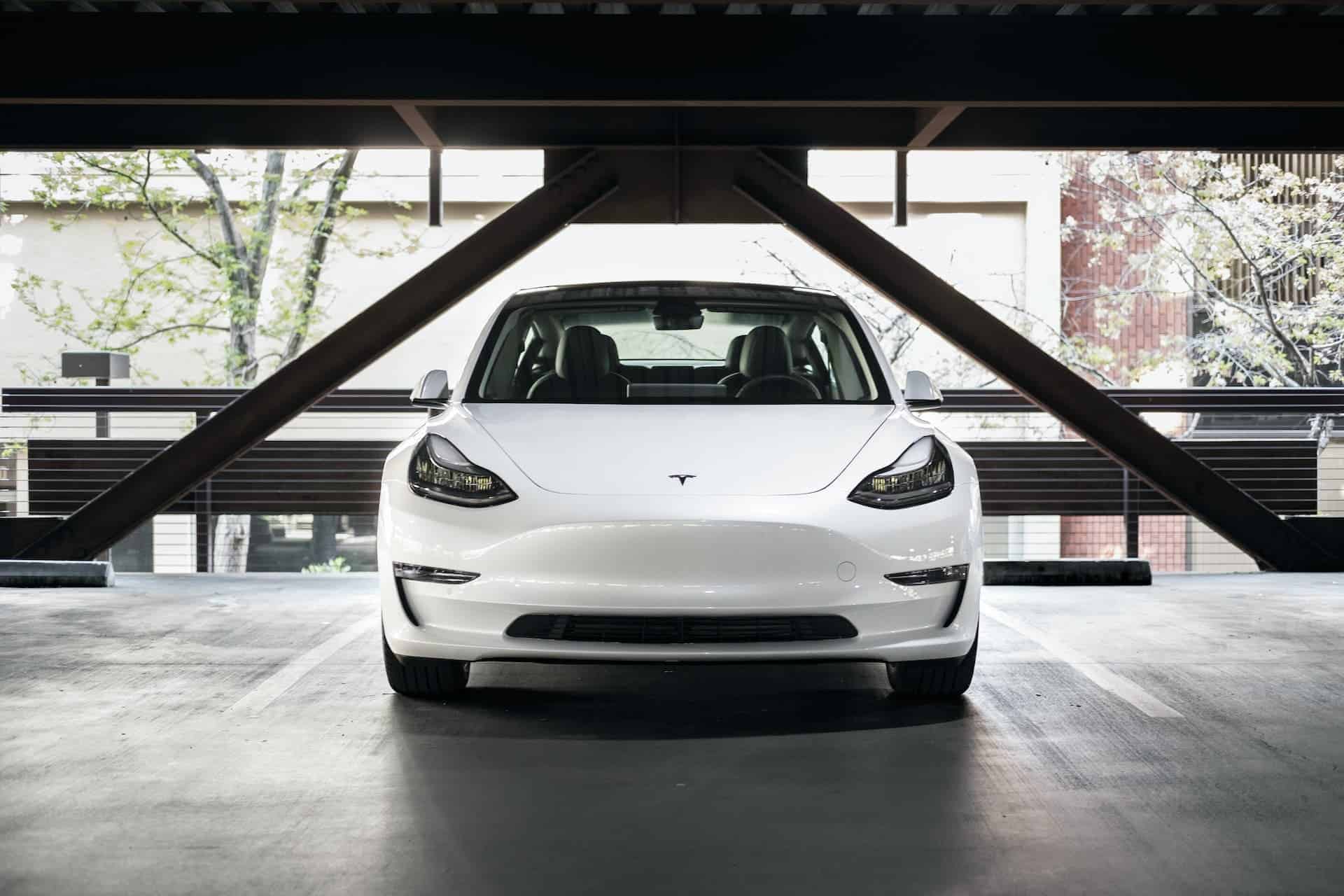Tesla, the electric car company founded by Elon Musk, has been fined A$155,000 by the Australian Competition and Consumer Commission (ACCC). The fine is for failing to comply with button battery safety standards. The fine was imposed due to the company’s slack checks on tiny fob batteries. ACCC claims that this could pose a risk to children if swallowed. This article will explore the details of the fine and the safety standards that Tesla failed to comply with.

What are button batteries?
Button batteries are small, round batteries that are commonly used in electronic devices. We commonly find them in devices such as remote controls, watches, and hearing aids. They are also used in the key fobs that are used to unlock and start Tesla’s electric cars. Button batteries are a particular concern for safety because they can be easily swallowed by children. Kids often mistake these button batteries for candy or other small objects. If swallowed, button batteries can cause serious injuries or even death. This is because they could burn through the oesophagus or other organs.
Tesla’s failure to comply with safety standards:
According to the ACCC, Tesla failed to comply with safety standards for button batteries. It claims that the company did not conduct adequate testing and also did not provide enough warnings about the risks of swallowing the batteries. The ACCC also found that Tesla did not have adequate procedures in place to ensure that its suppliers were complying with safety standards. Due to these failures, the ACCC hit Tesla with a A$155,000 fine.
The Australian Button Battery Standard states that the battery must be secured in the product it powers. Also, if it is replaceable, it must be placed in a secure battery box that cannot be opened by young children.
The ACCC says children may be attracted to button batteries and swallow them or stuff them into their nostrils. This can cause chemical burns and possibly damage to vital organs. There have been three reports of children dying in Australia after swallowing button batteries, according to ACCC.
ACCC deputy chair Carter Catriona Lowe said,
“Button batteries can be fatal to young children and Australia’s mandatory standards aim to reduce the risk of injury by safety testing products containing them before sale and clear warnings on product packaging … If these products fail to be tested before being sold, they pose unacceptable risks to children. We want all companies, large and small, to comply with mandatory button battery standards”
The ACCC said some of Tesla’s physical keys are in the shape of a car, which may increase their appeal to young children.

Gizchina News of the week
Tesla’s response:
Tesla has acknowledged the fine and has stated that it will work to improve its compliance with safety standards. The company has also stated that it has already taken steps to improve the safety of its key fobs. This includes adding a warning label and changing the design of the fob to make it more difficult to open.
Tesla’s response to the ACCC’s fine is critical. Timely acknowledgement of the violations, along with transparent and robust corrective measures, can mitigate some of the reputational damage. The company needs to assure its users and the market that it takes battery safety seriously. It also needs to show commitment to upholding the highest standards.
Tesla’s case with the ACCC could reverberate across the electric vehicle market. User confidence, a driving force behind the industry’s growth, is delicate. If users begin to question the safety standards of electric cars, it might slow down the adoption rate. Other players in the market might also face increased scrutiny, impacting the entire industry’s trajectory.
The ACCC’s imposition of the fine on Tesla raises questions about the company’s internal quality control mechanisms. Such incidents can tarnish a company’s reputation, potentially leading to a loss of consumer trust. For Tesla, a brand that has thrived on its image of innovation and reliability, this incident could have far-reaching consequences.

Conclusion:
The safety of button batteries is an important issue, particularly for children who may be at risk of swallowing them. Tesla’s failure to comply with safety standards for button batteries is a serious issue, and the fine imposed by the ACCC reflects the importance of complying with these standards. It is important for companies to take the safety of their products seriously and to ensure that they are complying with all relevant safety standards. Tesla’s response to the fine is a positive step. It will be good if Tesla continues to take steps to improve the safety of its products in the future.
This incident highlights the evolving challenges in ensuring the safety of electric cars. As technology advances, so do the standards and regulations. The incident involving Tesla underscores the need for continuous vigilance and adaptability within the industry. Brands must invest in research and development to not only meet but exceed safety standards. This way, they can ensure the utmost security for users and the environment.
The ACCC’s decision to fine Tesla serves as a stark reminder of the importance of adhering to stringent safety standards. While this incident may have cast doubts about Tesla’s handling of certain parts of its cars, the company has responded quite well which is a good thing. Broadly, this prompts the entire electric vehicle industry to reevaluate its safety protocols. This is to ensure that innovation goes hand in hand with user safety. As technology propels us into a greener future, safety must remain a non-negotiable priority.





